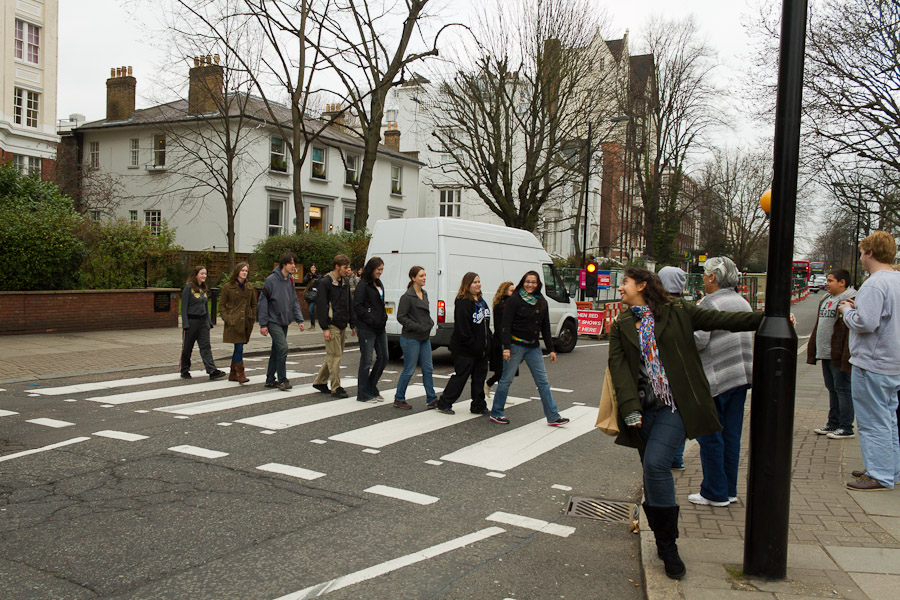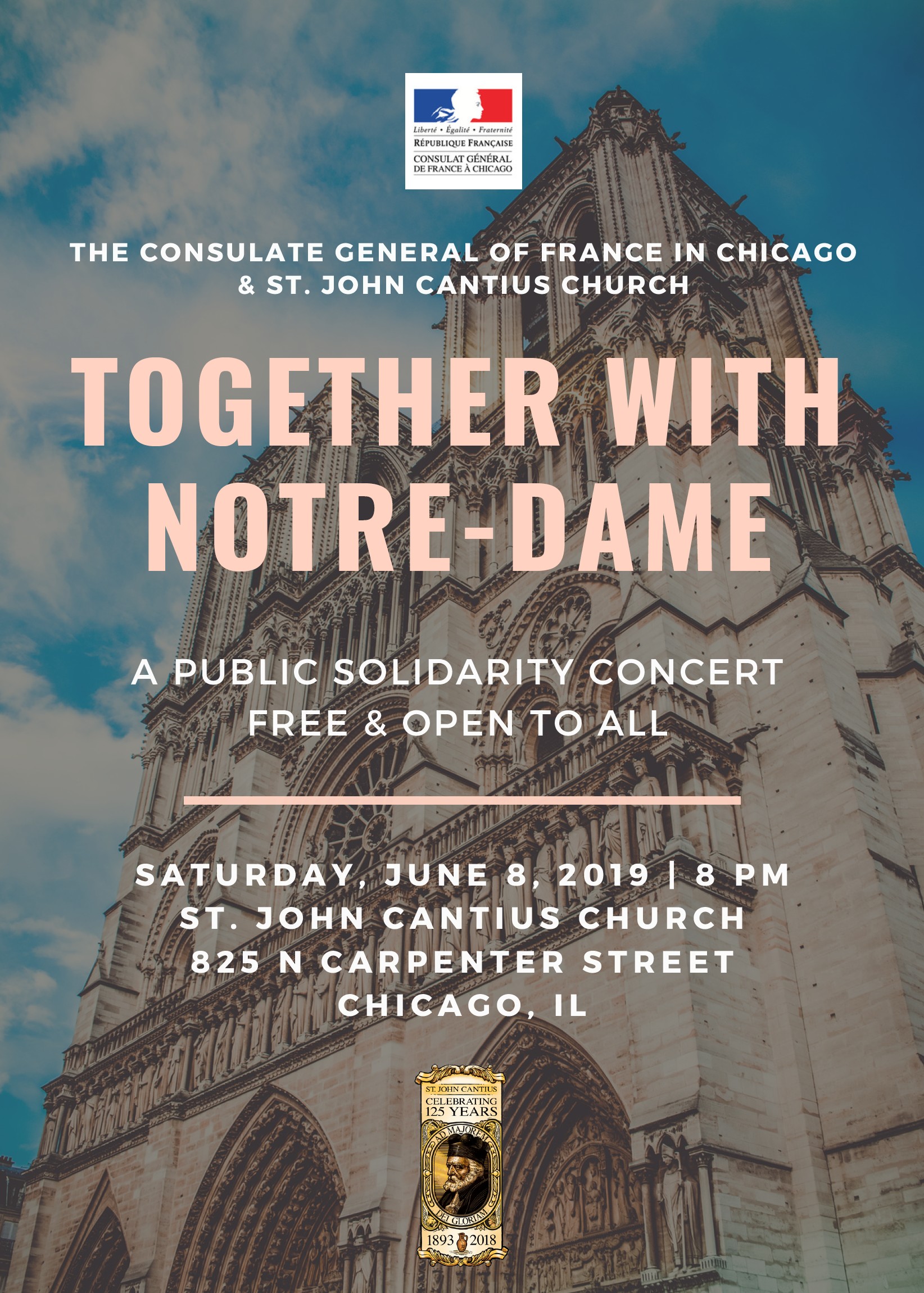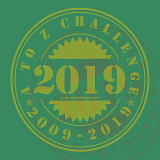That Sgt Pepper taught the band to block a street in London:
It was on August 8, 1969, that the band snapped the photo that would change Abbey Road’s future forever. The following month they would release an album named after the northwest London street where it had been recorded, and that album’s iconic cover would seal the street’s fate. A photo of the Fab Four crossing the street in tidily-arranged profile made Abbey Road the site of the most famous crosswalk in the world.
In terms of traffic management, it’s been downhill ever since.
Getting the pose right is not easy. When the original photo was taken, police were on hand to stop traffic while photographer Iain Macmillan scaled a step ladder to get the right angle. Visitors ever since, by contrast, have had to contend with the fact that this quietly opulent street is actually quite busy with traffic, ever complicated by the daily gauntlet of posing fans.
I confess, I visited the famed zebra crossing in 2012. The actual Abbey Road Studios building is just behind it:

I'm participating tomorrow in a concert at St John Cantius church in the River West neighborhood. The concert, sponsored by the French consulate, will raise money for the repairs to Notre Dame de Paris. Our local NBC affiliate ran a story about it Wednesday.

The concert starts at 8pm, and will feature the music of Vierne, Fauré, and other French composers.
If you haven't discovered Randy Rainbow, here you go:
He was in Chicago last night, at Thalia Hall in Pilsen, and I got a chance to hear him live. And today, he's on the cover of the Washington Post Magazine:
In a topsy-turvy era, is it surprising that a political commentator should dress in sequins, feather boas and pink cat-eye glasses? Because that’s Randy Rainbow (yes, it’s his given name). In real life, the 37-year-old leads a solitary existence in an orderly apartment adorned with oversize photographs of Audrey Hepburn, Judy Garland and Barbra Streisand. But millions share his splashy, over-the-top digital life: Since 2016, Rainbow, a Broadway hopeful who fled from cattle-call auditions, has found his own spotlight through the Internet, emerging as a YouTube sensation who dispenses musical-comedy salve for a divided nation.
Hundreds of thousands watch the short videos he produces every 10 days or so, featuring show tunes and pop songs he has refashioned with biting new lyrics. These DIY productions are funny and oh-so-topical and include clever video manipulation of news footage to create sassy mock interviews with prominent political players — mostly of the Trumpian variety — topped off with costumes ordered online.
A sampling of Rainbow’s hot takes includes “Desperate Cheeto” (a take on Luis Fonsi’s “Despacito”), “Border Lies” (Madonna’s “Borderline”), “How Do You Solve a Problem Like Korea?” (“Maria” from “The Sound of Music”) and “GOP Dropout” (“Beauty School Dropout” from “Grease”). Actor-comedian Steve Martin told Rainbow that “A Very Stable Genius” — a takedown of you-know-who sung to Gilbert and Sullivan’s “I Am the Very Model of a Modern Major-General” — is a favorite ditty in the Martin household.
(Note that Tom Lehrer famously also adapted "Major General" but with, shall we say, fewer politics.)
Burger King's brand implosion aside, other, more important news came out in the last couple of days:
- This morning, UK Prime Minister Theresa May announced she would step down on June 7th, having lost the confidence of the right-wing crazies holding her majority together. The likely outcome of this will be Prime Minister Boris Johnson, who is actually less popular than May, forcing a general election through incompetence by the August bank holiday.
- The heads of NOAA and NASA have raised the alarm that the proposed 24 GHz frequency band proposed for 5G wireless will mask the existing 23.8 GHz frequency of passive microwave energy which weather forecasting systems need to actually forecast weather.
- Since February 2017, when he took his first of over a hundred golf trips as president, Donald Trump has cost us more than $100 million playing golf.
- San Francisco's KPIX-TV Broadcast Operations Manager Eliot Curtis apparently gave himself an LSD trip while repairing a 1960s-era synthesizer.
Must be Friday.
During the A-to-Z challenge, I discussed tempering, which is the art of tuning each note on the scale.
I'm a member of the Apollo Chorus of Chicago, and serve on its board. Every year since 1879, we've performed Händel's Messiah. Given the piece premiered in 1742, modern equal tempering would neither have been an option nor would it have sounded pleasing.
In a conversation yesterday with Dr. Stephen Alltop, our music director, I asked him what tuning we use. He replied:
We use an unequal temperament called Bach-Barnes. Messiah keys range from four sharps to four flats so I tweak the temperament to sound as good as possible in that range of harmonies.
So that's interesting. We perform an 18th-century work with 20th-century instruments using 21st-century tuning.
(We perform it next on December 15th and 16th at Harris Theater in Chicago.)
 Here is the list of topics I wrote about for the 2019 Blogging A-to-Z challenge on the topic of music theory:
Here is the list of topics I wrote about for the 2019 Blogging A-to-Z challenge on the topic of music theory:
I posted all of them on time this year (7am Chicago time, noon UTC) except on April 13th. I'm quite proud of that. Last year I was less diligent.
I hope you've enjoyed the series. I'm looking forward to next April's topic, which I think you'll find timely and informative.
 Today the Blogging A-to-Z challenge comes to a close, and for the fourth time this year, I have to punt.
Today the Blogging A-to-Z challenge comes to a close, and for the fourth time this year, I have to punt.
Search all you want: music theory really doesn't have any important terms starting with Z. So today, I'm going to talk about one of my favorite vocal works: Brahms' opus 103, "Zigeunerlieder" (Gypsy Songs). I performed three songs from the cycle with the Illinois Music Educators Association All-State Honors Chorus in 1987, 100 years after Brahms wrote it. (Yes, back then I was one of the 256 best high-school age singers in the entire state. I am, right now, blowing on my fingernails.)
Enjoy it. As the score scrolls by, see how much of what I discussed this year you recognize. And enjoy it; it's a cool song cycle.
That's it for the A-to-Z challenge this year. Next April, I'll have a timely topic. Before then, I expect to publish my 7,000th blog entry (probably mid-October), take my 100,000th photograph (probably this month), and live my 18,000th day (almost certainly December 17th).
Thanks for reading!
 Our penultimate Blogging A-to-Z challenge post this year features the person in your life most likely to continue learning music theory: you.
Our penultimate Blogging A-to-Z challenge post this year features the person in your life most likely to continue learning music theory: you.
If you like music, go hear it. CDs and downloads are fine, but really you need to go out to hear live music as often as you can. Go hear the symphony; go to a garage band; toss a dollar in a busker's case in the subway. (You never know who might be performing down there.)
And keep learning how music works. This series has only skimmed the surface of music theory. The Web has several excellent sources for more depth: read Open Music Theory, take quizzes at MusicTheory.net, check out the Music Notation Project. Take a class at your local college. (In Chicago, DePaul and Northwestern have excellent music schools.)
Thanks for reading this series. I'll have a post for Z tomorrow, too.
 The Blogging A-to-Z challenge sometimes loses its way when the topic you want to write about doesn't really have anything interesting to say for one of the letters of the alphabet.
The Blogging A-to-Z challenge sometimes loses its way when the topic you want to write about doesn't really have anything interesting to say for one of the letters of the alphabet.
So let it be with X.
Further, it's finally spring in Chicago, so maybe the sunlight and warm weather have made me a little lazy.
To that point, let me just say that the xylophone is a percussion instrument with wood bars that you strike with a mallet to make sounds. Like this:
 Today's Blogging A-to-Z challenge entry examines the physics of music. Specifically, when a musician looks at a note on a page, what tone does she actually produce?
Today's Blogging A-to-Z challenge entry examines the physics of music. Specifically, when a musician looks at a note on a page, what tone does she actually produce?
Most people today have passing familiarity with the piano, which has one key per note. This means the frequency of each note remains the same no matter what key a pianist plays in. If she hits the A above middle C, the piano strings vibrate at 440 Hertz (cycles per second). The A below middle C is 220 Hz, the A below that is 110 Hz, and so on. All of the notes in between have fixed frequencies as well.
This system, dating from about the beginning of the 20th century, is called equal tempering. It has some pretty interesting consequences, first among them that only the octaves are perfectly in tune. Every other interval is slightly out of tune—sometimes in two ways.
Equal tempering is a compromise, driven in part by the popularity of the piano, because they're so hard to tune. Other instruments don't have this limitation, so in some circumstances (i.e., string quartets), you might hear well-tempering instead.
In well-tempered tuning, some intervals actually do retain their proper mathematical relationships. But only some. Well-tempering is another compromise, resulting in different keys having wildly different tone colors. Bach promoted well-tempering with his two-volume set of preludes and fugues called The Well-Tempered Clavier. (Cue the irony that most people today have never heard it played on a well-tempered instrument. I found a good demonstration of the differences between equal- and well-tempering that's worth 12 minutes of your time.)
Before well-tempering, musicians used Pythagorean tempering (based on perfect 5ths) and meantone tempering (imperfect 5ths to get better 3rds).
For more about this topic, Nathan Nokes has a good video about the physics of these earlier tuning systems, with pure-tone examples. Notice how just and Pythagorean temperaments sound out of tune. Except they're not; they're just different.